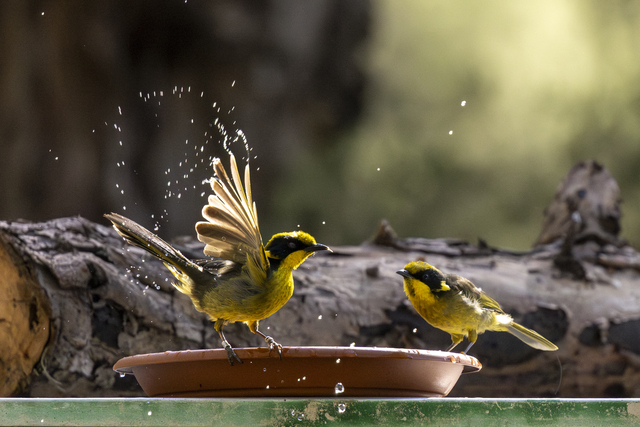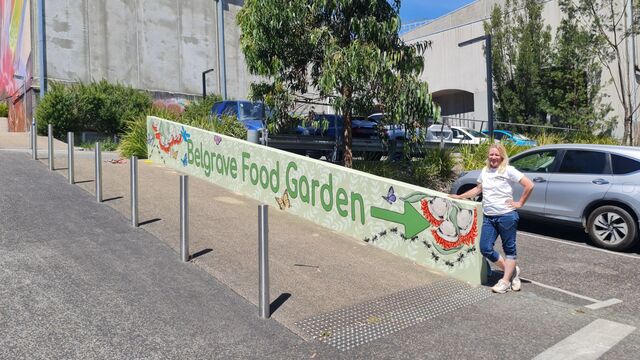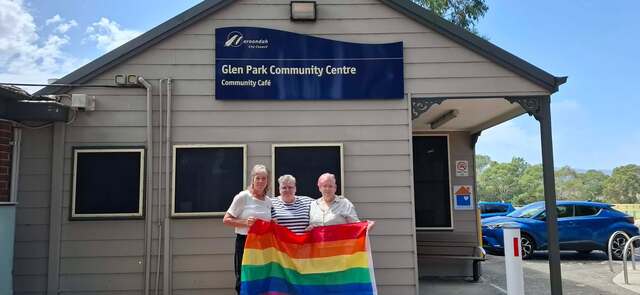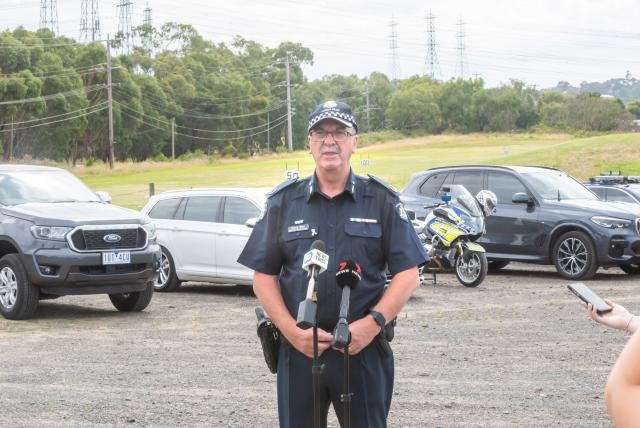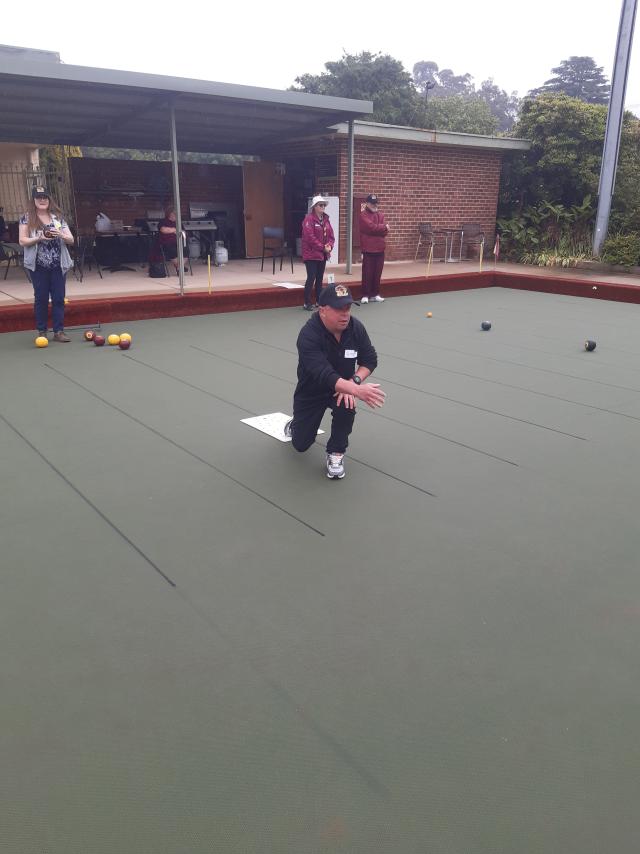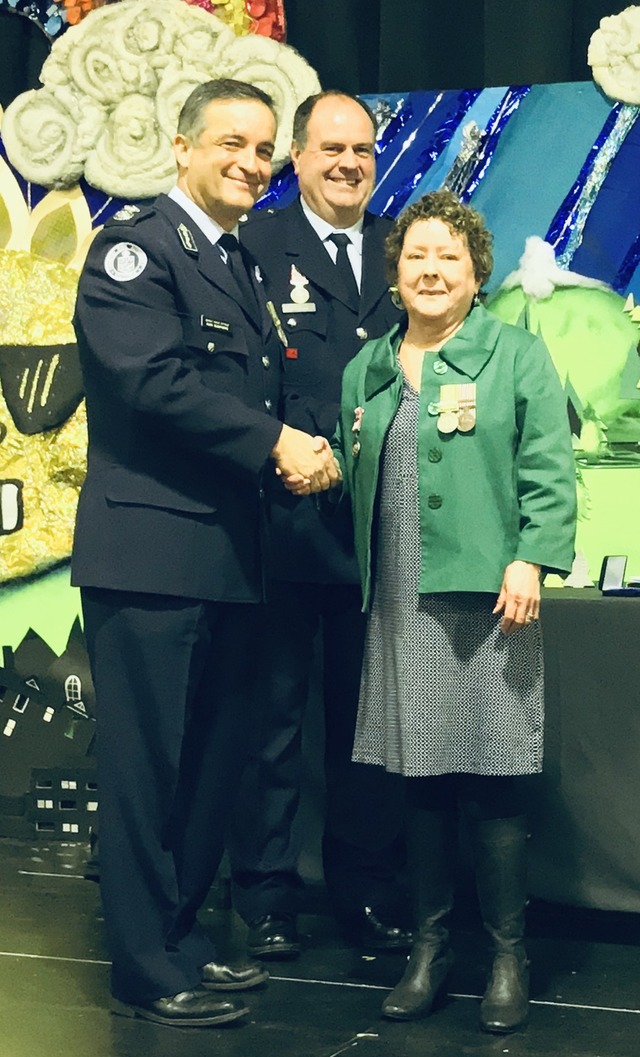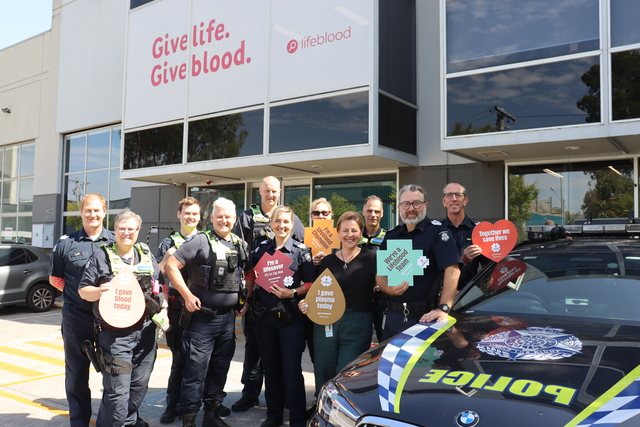Local Landholders are leading the way for Victoria’s most endangered species on Coranderrk Country as the Nangana Landcare Network has been awarded a prestigious Australian Geographic
Nature Award in the silver category.
The project, called Coranderrk Country – Saving Faunal Emblems, contributes to the restoration of habitat and hope for Victoria’s faunal emblems, two iconic, critically endangered species—the Helmeted Honeyeater and Leadbeater’s Possum.
Building on the legacy of the Beyond Yellingbo project, which engaged more than 120 property owners in maintaining or restoring over 300 hectares of potential habitat, Coranderrk Country is the next stage in the landscape-scale conservation effort.
With the award, the project receives a boost of $30,000.
This project will engage 20 landholders to steward and restore high-priority habitat corridors; identify and map 20 hectares of critical habitat for future restoration; and co-design a 20-year ecological and cultural recovery plan for C411 COUNTRY – Natural Capital for Generations.
“The C411 COUNTRY project is a coordinated, landscape-scale response to the dual challenges of biodiversity loss and climate change – one that honours First Nations wisdom, connects communities, and inspires climate-smart farming, tourism, and industry. Through the Foundation for Natural Capital, we’re building a future where investment in natural systems is understood as essential for human wellbeing,” President of Nangana Landcare Network and former President of Friends of the Helmeted Honeyeater, Alan Clayton said.
“The Australian Geographic Nature Award is a powerful recognition of this collective effort. It celebrates not just what we’ve achieved, but what we’re committed to – stewardship of thriving, biodiverse landscapes for generations to come.”
Zoos Victoria has supported these projects to restore habitat. Threatened Species Program Co-ordinator Arabella Eyre said, “This award is not just recognition of work happening today – it is part of a legacy.”
C411 COUNTRY project lead Jenny Lyndon thanked the Australian Geographic Society for its recognition of the work of many years and many people.
“We also recall with gratitude our original partners who supported the Beyond Yellingbo project; the Helen McPherson Smith Trust, the Australian Communities Foundation, and the Ross Trust,” she said.
These efforts contribute to the recovery of the Helmeted Honeyeater and Leadbeater’s Possum, strengthening relationships between landholders, Traditional Owners, scientists, and the broader community, and creating a replicable model for community-led conservation.

